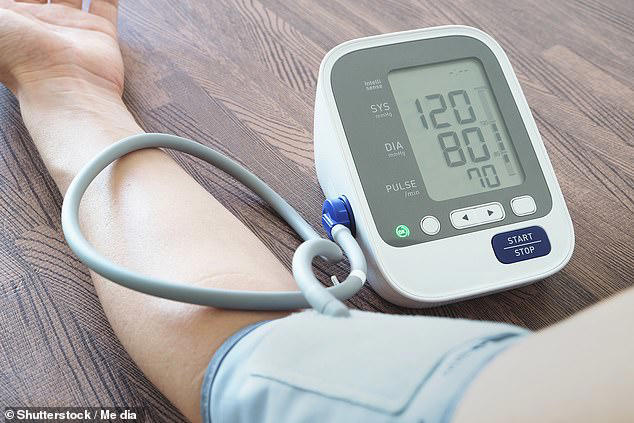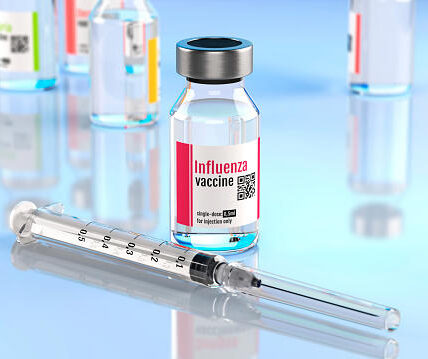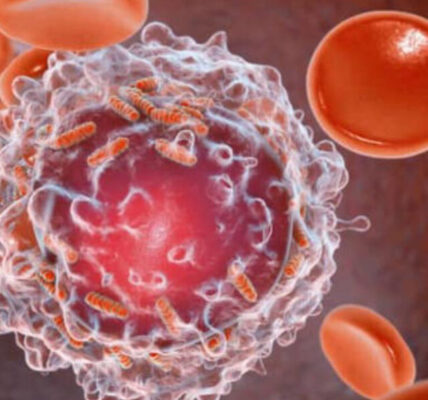Exploring the Link Between HDL Cholesterol and Dementia: What You Need to Know
Discover the surprising connection between HDL cholesterol and dementia risk. Learn how high levels of ‘good’ cholesterol may impact brain health and what it means for you.The study looked at 18,000 people aged over 65 over a period of six years.

First things first, let’s talk about HDL cholesterol. You’ve probably heard it referred to as the “good” cholesterol. Why? Because it’s like the superhero of your bloodstream, swooping in to pick up excess cholesterol and whisk it away to your liver, where it’s disposed of. Pretty cool, right?
Now, onto the surprising part. A recent study published in the Lancet Regional Health – Western Pacific journal suggests that while high HDL cholesterol levels might lower your risk of heart disease, they could actually increase your chances of developing dementia. Yep, it’s a bit of a head-scratcher.
Picture this: a group of researchers studied over 18,000 people aged 65 and older for six years. Among them, 4.6% ended up with dementia. Not exactly comforting news, but here’s where it gets interesting. Among those who were 75 years and older, the risk of developing dementia shot up to 42%. That’s a pretty significant jump.
Now, let’s talk numbers. Individuals with high HDL levels had a 27% increased risk of dementia compared to those with lower levels. And get this: even after taking into account factors like physical activity, education, diabetes, smoking, and alcohol consumption, the link between high HDL and dementia remained strong. It’s like HDL has a secret life beyond just heart health!
But wait, there’s more. The study found that very high levels of HDL cholesterol, defined as 80 mg/dL or higher, were more uncommon. Instead of being a result of your diet choices, these sky-high levels were more likely linked to an underlying metabolic disorder. It’s like your body’s sending out distress signals in its own unique way.
Dr. Monira Hussain, one of the brains behind the study, puts it best: while we’ve always known HDL cholesterol is a rock star for cardiovascular health, its role in brain health might need a bit more unraveling. It’s like HDL is a double agent, playing different roles depending on where it’s needed most.
Now, let’s hear from Dr. Corey Bradley, a cardiologist who’s been following these developments closely. He suggests that while we used to think of HDL as purely “good,” it’s more like a neutral player in the game of health. It’s all about context, folks.
So, what does this mean for you and me? Well, for starters, it’s a reminder that our bodies are incredibly complex machines. What works for one part might not necessarily work for another.
But fear not! Understanding the nuances of HDL cholesterol and its potential impact on dementia risk is a step in the right direction. It’s like shining a light into the dark corners of our health, uncovering truths that might have otherwise gone unnoticed.
 So, what can we do with this newfound knowledge? For one, it’s a reminder to keep an eye on our cholesterol levels, but not just the total number. Paying attention to the types and levels of cholesterol floating around in our bloodstream could be crucial for our long-term brain health. It’s like giving our brains a fighting chance against the challenges that lie ahead.
So, what can we do with this newfound knowledge? For one, it’s a reminder to keep an eye on our cholesterol levels, but not just the total number. Paying attention to the types and levels of cholesterol floating around in our bloodstream could be crucial for our long-term brain health. It’s like giving our brains a fighting chance against the challenges that lie ahead.
And let’s not forget the power of research. Studies like these remind us that there’s still so much we don’t know about the intricate workings of our bodies. It’s like peeling back the layers of an onion, revealing new insights with each discovery.
In the end, it’s about staying informed and staying curious. The more we know, the better equipped we are to navigate the twists and turns of our health journey. So here’s to the marvels of science and the mysteries that keep us on our toes.
In conclusion, HDL cholesterol and dementia might seem like unlikely bedfellows, but hey, stranger things have happened in the world of medicine. As we continue to unravel the mysteries of the human body, who knows what other surprises might be waiting for us just around the corner?
Keep those minds sharp and those hearts healthy, folks. Until next time, stay curious!




